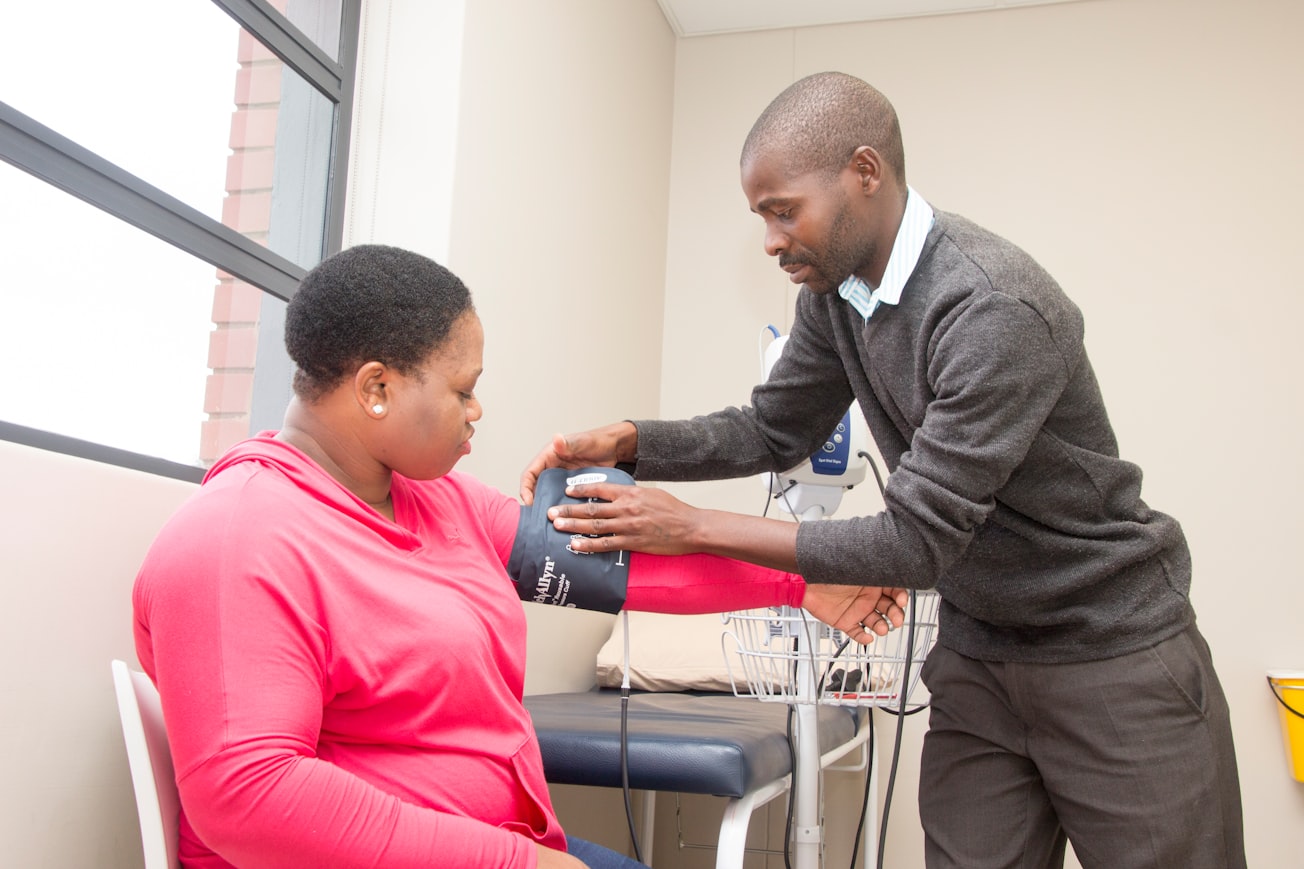What is it about?
The measurement properties for the Brief Weight-Loss-Related Behavior Self-Efficacy scales are supported among adults with prediabetes. The scales performed as expected, reflecting three first order factors for physical activity self-efficacy, healthful eating self-efficacy, and weight-loss self-efficacy. Measurement invariance was also supported for demographic subgroups according to age, gender, and BMI status.
Featured Image

Photo by Hush Naidoo Jade Photography on Unsplash
Why is it important?
Psychometric assessments of factorial validity and measurement invariance are important steps in supporting the validity of scale scores. This is the first assessment of these scales in a sample of adults with prediabetes. Earlier support lends the survey to use in adults with overweight and obesity.
Perspectives
The Brief Weight-Loss-Related Behavior Self-Efficacy scales provide researchers and practitioners the ability to assess the confidence of their participants/clients/patients for performing and maintaining health behaviors related to weight-loss as well as their ability to lose weight. The scales were developed to promote uniformity in measurement across community efforts, and offer a pragmatic approach to self-efficacy assessment in weight-loss trials. This manuscript provides additional evidence in support of the validity of scale interpretations among adults with prediabetes, extending the support provided in prior publications for their use among adults with overweight or obesity. Continued use of these scales is recommended.
Kathryn Wilson
Read the Original
This page is a summary of: Psychometric assessment of the Brief Weight-Loss-Related Behavior Self-Efficacy Survey in adults with prediabetes., Psychological Assessment, November 2021, American Psychological Association (APA),
DOI: 10.1037/pas0001058.
You can read the full text:
Resources
Brief self-efficacy scales for use in weight-loss trials: Preliminary evidence of validity
Wilson, K. E., Harden, S. M., Almeida, F. A., You, W., Hill, J. L., Goessl, C., & Estabrooks, P. A. (2016). Brief self-efficacy scales for use in weight-loss trials: Preliminary evidence of validity. Psychological Assessment, 28(10), 1255-1264. https://doi.org/10.1037/pas0000249
Psychometric assessment of the brief weight-loss related behavior self-efficacy survey among people with prediabetes
Wilson, KE, Michaud, T, Brito, F, Dressler, E, Katula, JA, Castro Sweet, CM, Almeida, FA, & Estabrooks, PA (2021) Psychometric assessment of the brief weight-loss related behavior self-efficacy survey among people with prediabetes. Annals of Behavioral Medicine, 55(Suppl); S380.
Contributors
The following have contributed to this page










